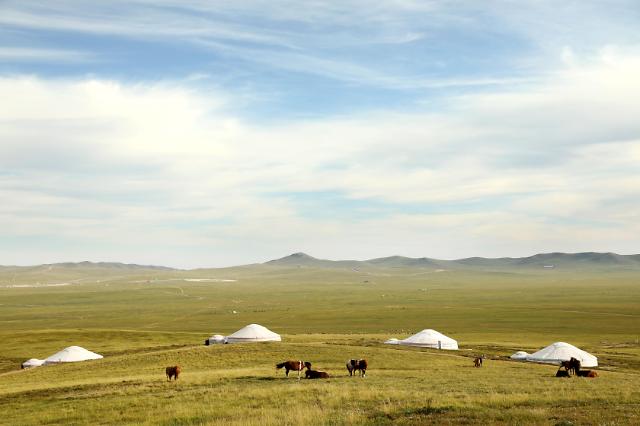
[Gettyimages Bank]
Rare earth used as a crucial part of advanced devices are a set of 17 kinds of metals including scandium and yttrium. Sixteen percent of the world's rare earth are buried in Mongolia. The Asian country covered by grasslands produces more than 80 kinds of mineral resources including copper, fluorite, and zinc.
KT said in a statement that the company signed an agreement with the Mongolian government for the distribution of mineral resources in South Korea. Specific details will be disclosed after discussing with the South Korean government and some private companies.
The partnership was made on January 26 when KT CEO Koo Hyun-mo was appointed as Mongolia's chief technology officer (CTO) to lead its digital transformation. The South Korean telecom company has teamed up with Mongolia's health ministry to build an information and communications technology (ICT)-based health checkup center. BC Card, the financial services wing of KT, will help Mongolia to adopt a South Korean-type digital voucher system. KT Studio Genie, which oversees the media content capabilities of all KT units, will consider the production of Mongolia-related content.
"Through cooperation with Mongolia in various sectors including resources, finance, medicine, and media, we can promote our expanded strategy," Koo said in a statement. The company said Mongolia has strived to adopt digital transformation in all industries through a state project called "New Recovery Policy" since 2021.
Copyright ⓒ Aju Press All rights reserved.




